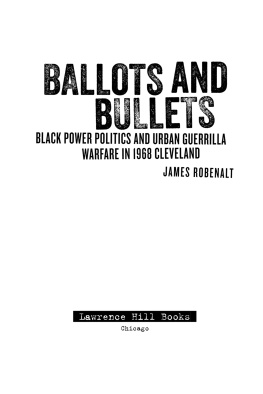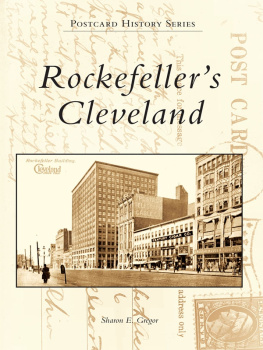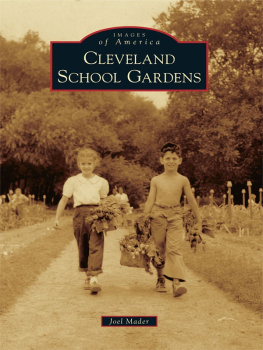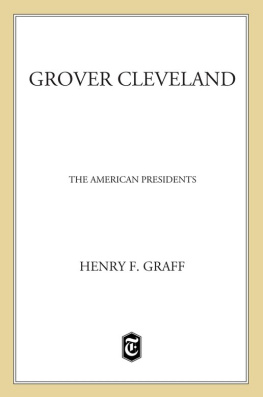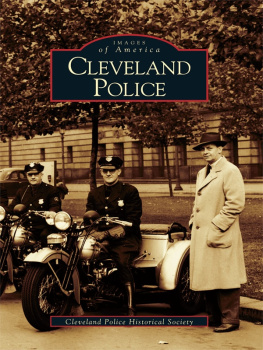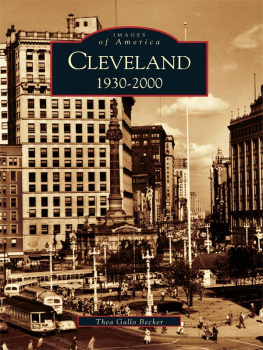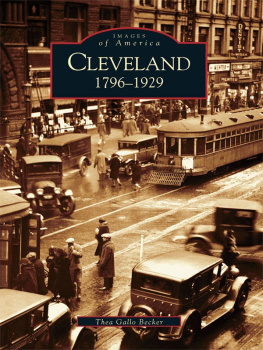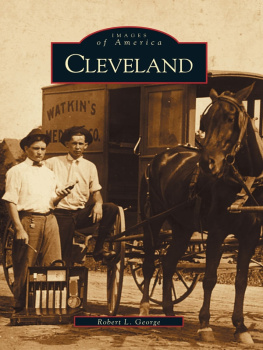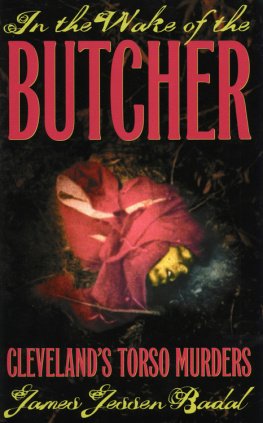Sommaire
Pagination de l'dition papier
Guide
Praise for Ballots and Bullets
The history of our nation is a history of racial injustice and the fight to rectify it. In compelling prose, Jim Robenalts Ballots and Bullets does the vital work of shedding light on a pivotal moment in our nations history, when justice, civil rights, and the unfulfilled promise of America hung in the balance. His intense focus on Clevelandthe first major US city to elect an African American leader to the mayors officereminds us how quintessentially American Clevelands story truly is.
Dan Moulthrop, CEO, City Club of Cleveland
This important book recalls some agonizing history, but it is a history we must not forget. With the passage of fifty years, one can ask, as Robenalt does, why has there been so little progress in race relations? Healing starts with honesty and recognition. The pathology of racism continues to stain our land and my enduring concern is whether there is hope for real change.
Walter Beach, former Cleveland Browns champion and assistant to Cleveland mayor Carl B. Stokes (19671968)
Ballots and Bullets is well written, well researched, and accurate. Any reader will be touched both in mind and heart.
Joan Brown Campbell, general secretary, National Council of Churches, and director of religion, Chautauqua Institution
A beautiful and moving portrait of a city that explains so much about our racial politics, then and now. Robenalt weaves together the stories of famous and not-so-famous black political leaders to show the consequences of racism and the ways that various leaders have tried to address it. An important topic that everyone would benefit from learning more about.
Michael Smerconish, CNN host and Sirius XM radio journalist
With gripping storytelling, James Robenalt recounts and documents the destructive forces of racism and poverty that led to tragedy in Cleveland in 1968. Bullets and Ballots is also a tale of leadershipeffective and notthat can be instructive as leaders face the challenges that, unfortunately, persist.
Nancy H. Rogers, professor emeritus and former dean, Ohio State University Moritz College of Law, and former Ohio attorney general
Copyright 2018 by James Robenalt
All rights reserved
Published by Lawrence Hill Books
An imprint of Chicago Review Press Incorporated
814 North Franklin Street
Chicago, Illinois 60610
ISBN 978-0-89733-716-8
Library of Congress Cataloging-in-Publication Data
Names: Robenalt, James D., 1956 author
Title: Ballots and bullets : Black Power politics and urban guerrilla warfare
in 1968 Cleveland / James Robenalt.
Description: Chicago, Illinois : Lawrence Hill Books, an imprint of Chicago
Review Press Incorporated, 2018. Includes bibliographical references and
index.
Identifiers: LCCN 2017061417 (print) LCCN 2017051090 (ebook) ISBN
9780897337342 (Kindle) ISBN 9780897337168 (epub) ISBN 9780897337045
(Adobe pdf) ISBN 9780897337038 (cloth)
Subjects: LCSH: Cleveland (Ohio)Race relationsHistory20th century.
Black powerOhioClevelandHistory20th century. Race
riotsOhioClevelandHistory20th century. African
AmericansOhioClevelandPolitics and government20th century.
Police-community relationsOhioClevelandHistory20th century.
Cleveland (Ohio)Politics and government20th century.
Classification: LCC F499.C69 (print) LCC F499.C69 N47 2018 (ebook) DDC
305.8009771/32dc23
LC record available at https://lccn.loc.gov/2017061417
Unless otherwise noted, all photos are from the Cleveland Public Library Collection/Photograph Collection.
Typesetting: Nord Compo
Map illustrator: Chris Erichsen
Printed in the United States of America
5 4 3 2 1
This digital document has been produced by Nord Compo.
To Detective Louis G. Garcia, who made it his lifes work
to remember the awful cost of July 23, 1968. And to Mutawaf
Shaheed, who introduced me to the world of the 1968 black
nationalists. I could not have written this book without
their keen insights, wisdom, and open-mindedness.
Watch Yourself, Willie
WHO WAS THIS MAN? PATROLMAN Kenny Gibbons, Badge 285, remembers him like it was yesterday.
When Kenny and his partner, Willard Wolff, lurched to a stop in Car 505a black-and-white 1964 Ford station wagon marked Cleveland Police on both sides with a standard dome on the topthey found themselves in the middle of the intersection of Lakeview Road and Auburndale Avenue in the Glenville neighborhood on the East Side of Cleveland.
Thats when Kenny saw the man standing in front of the two-story brick apartment house. He was in plainclothes and tallat least six feet, four incheswith a blond crew cut, and he held a revolver in his hand. He had a young black man apparently in custody on the ground and he was gesturing vigorously to Kenny and his partner to come over. As Kenny and his partner approached the intersection of Lakeview and Auburndale (Wolff was driving that shift), both had heard two distinct gunshots. Now, Kenny assumed the gunfire was from the plainclothes manperhaps warning shots to get the black man on the ground.
Sometimes a traumatic event can eradicate memory, and sometimes it leaves an indelible mark. This was an instance of the latter: Kenny has a precise memory of the scene.
The black man was spread-eagled with his face in the dirt and his hands above his head. He did not appear to be injured. An iron fence, not very high, enclosed the small front yard of the apartment house. The black man lay prostrate inside the fenced-in area; the plainclothes man was standing outside it, in a driveway between the apartment building and the Lakeview Tavern, a seedy neighborhood joint that occupied the corner of Auburndale and Lakeview, its front door opening on the Auburndale side.
After pulling Car 505 slightly to the wrong side of Lakeview, Kenny and Willie Wolff jumped out. While they had a 12-gauge shotgun in the car, neither Kenny nor Willie Wolff could release it from its locked rack in between the passenger side and the drivers seat. They were moving too fast and this was a two-man operation. The lock seemed to be jammed. There is a button which the driver would have to press and the man on the passenger side would then release it, Kenny later testified. Both Kenny and Patrolman Wolff had drawn their pistols, .38 revolvers, as they approached a scene that sizzled with danger, the kind that made their job exciting. Adrenaline highs were a reason to come to work.
Watch yourself, Willie, Kenny cautioned his partner as they exited the car.
Kenny walked up to the plainclothes man. We talked for just a second, Kenny would later relate, and the outcome was that he was going to get a wagon or a car, to take this man that was lying down there.
Then the man trotted away.
Strange, Kenny thought, we have a wagon right here. Why is he running in a different direction?
Kenny turned his attention to the black male on the ground. I said to this fellow, Just relax and everything will be all right, Kenny testified. And he acknowledged.
Just that quickly, Kenny felt a sting in his stomach area. And the next thing, I felt a slight tap in the stomach and put my hand down and I was covered with blood.
Patrolman Kenneth Gibbons had been shot with a high-powered rifle, an M-2 that had been stolen from a military base some months earlier.
Then, out of instinct, I started running back for our zone car, he said. Everything became a blur. He could not hear the gunshots, but he was hit multiple times. There must have been something happened, he said, because I got shot about six more times.
He was full of holes when he turned the corner around the Lakeview Tavern. He testified he was shot in the stomach, one in the groin, one through the back, one through the back of the arm, one off the top of my head, and one through the top of my shoulder.

